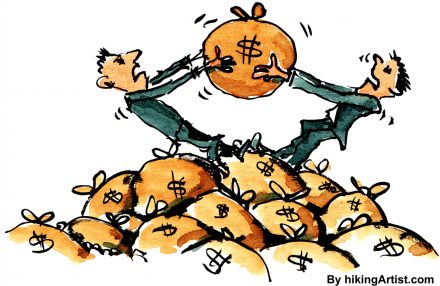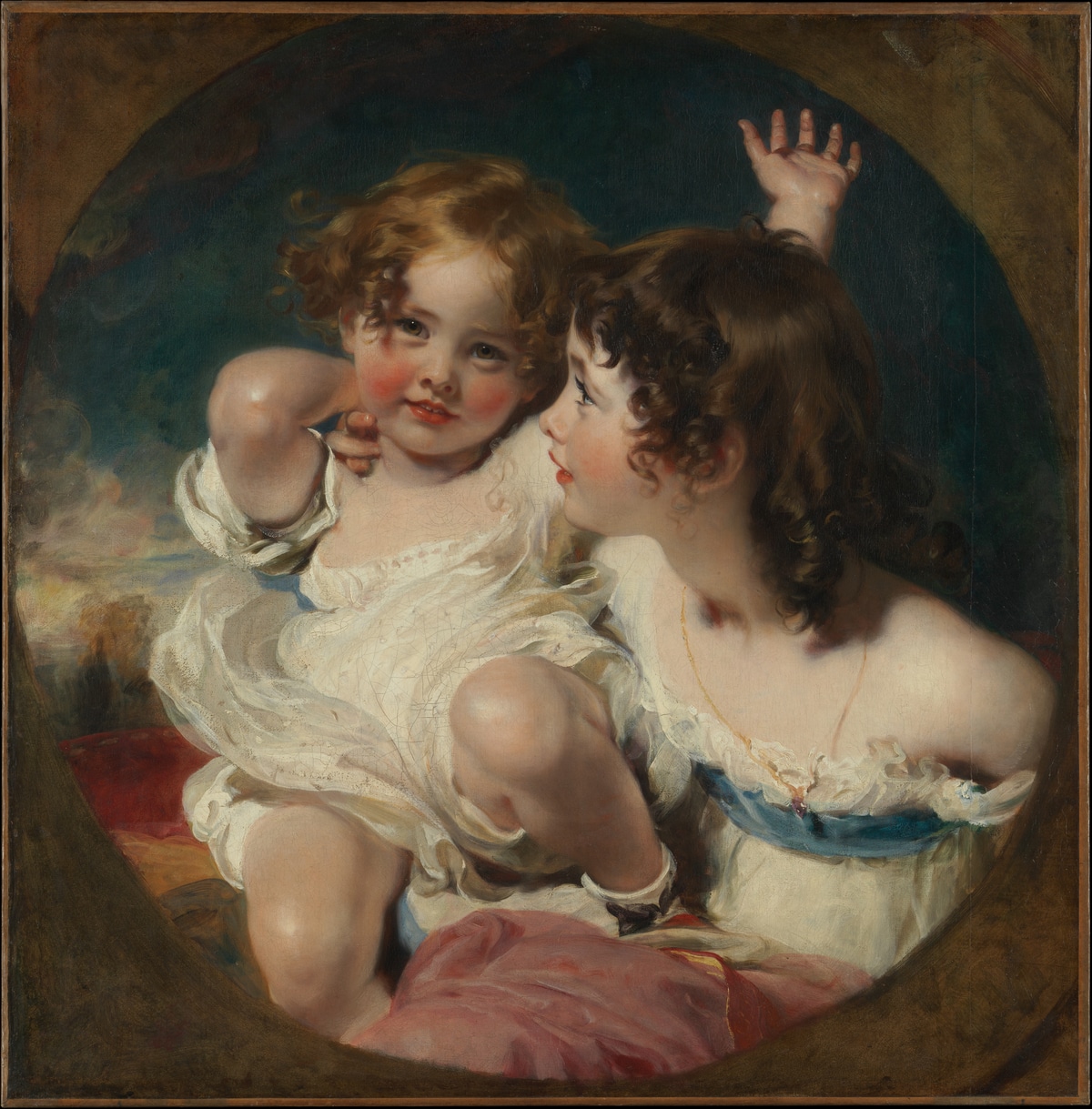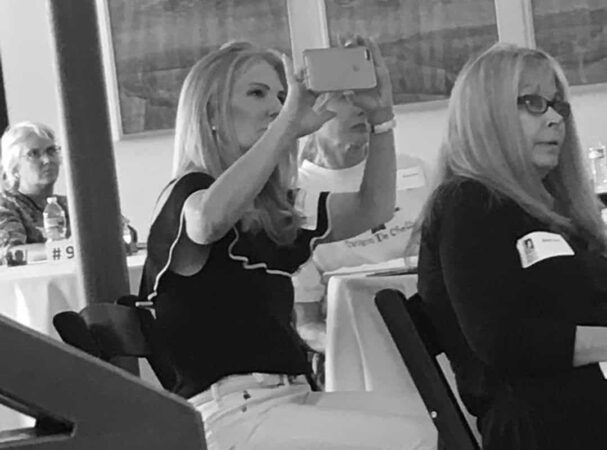 Visual artists face challenge after challenge on the path to economic success. Funding sources are drying up even as upfront expenses (e.g., studio spaces, materials, etc.) are increasing. Art schools rarely teach business and organizational skills, yet artists require this expertise to protect themselves, and to successfully navigate one of our most opaque and least regulated industries. But one of the biggest threats artists face comes from a most unexpected source: artists themselves. Before artists can prosper, they must first believe that it is not only okay, but in fact necessary to treat their work as a business.
Visual artists face challenge after challenge on the path to economic success. Funding sources are drying up even as upfront expenses (e.g., studio spaces, materials, etc.) are increasing. Art schools rarely teach business and organizational skills, yet artists require this expertise to protect themselves, and to successfully navigate one of our most opaque and least regulated industries. But one of the biggest threats artists face comes from a most unexpected source: artists themselves. Before artists can prosper, they must first believe that it is not only okay, but in fact necessary to treat their work as a business.
Many artists resist this simple truth because they are taught to see it as a debasement of their artistic purity. That is nonsense. If you plan to make a living from your art—to pay your bills, sell your work, and have the time and resources to create more work and grow as an artist—you must accept the fact that you are running a business, and that you are the CEO of the enterprise.
Whether your work has artistic merit or not is an entirely separate—and completely subjective—issue that has nothing to do with the way you manage the business. Would you judge the quality of a novel based on the contract that its author signed with his/her publisher? What about an actor’s performance in a play? Would you clap more or less if you knew that he/she had successfully negotiated a higher fee? If you’re unwilling to give your work the respect that it deserves, get out of the field now, and save yourself a lot of grief.
From Disbelief to Denial
At CHF, we talk to visual artists all the time. When we ask them about the challenges they face, we’re not trying to sell them anything. We just want to know what kind of help they need so that we can try to provide it, no strings attached. This is a radical notion in the art world, and the most common reactions we receive fall into one of two categories.
The first response is usually a variation on, “Are you kidding? You mean I can really ask you about how to handle appraisals? Or about pricing my work, and drawing up a contract? I don’t believe it.”
Much like the stages of grief, once artists have worked their way through disbelief, they move on to the second step, which is denial. “No, I’m not allowed to talk about that kind of stuff. It’s just not done. To admit that I care about earning money from my artwork is the same as handing over my integrity.”
Divided You Fall
Why are these ridiculous notions so entrenched, and who gains from perpetuating them? Clearly, not artists themselves. The answer is those who seek to profit from an artist’s lack of confidence and knowledge. As in other industries, some of the art world’s gatekeepers thrive on the chaos brought about by these attitudes; they benefit from the ignorance of others for it keeps the control squarely in their hands. By infantilizing artists, these opportunists force artists to depend on (and pay) them to make decisions, and to provide services that artists fear they are incapable of providing for themselves.
Now, who suffers from this mindset? Artists, naturally, but not JUST artists. It’s also a big problem for other upstanding members of the industry, including gallerists, advisors, curators, and collectors. The art world may be rife with charlatans who prey on artists and collectors alike, but it also includes many smart and caring individuals who legitimately want to do their own jobs properly. The opportunists make things harder for everyone, herding buyers toward “safe” investments and away from the work that these collectors might otherwise support, thereby limiting the scope of art that reaches the market, increasing genre polarization, and skewing prices to the polar extremes of the basement or the stratosphere.
When artists are unable or unwilling to take on the mantle of “business owner,” they risk relinquishing control to people who only care about enriching themselves at the expense of others. In this scenario, artists lose more than just money; they also limit the opportunities available to them, and potentially squander their reputations in the process. Regardless of the industry, professionals prefer to work with professionals, and the treatment that artists receive is commensurate with the way they carry themselves and manage their businesses. The old proverb applies: You reap what you sow.
The Dealer Works for You
It’s high time for artists to remind everyone that without them there is no art world. You are not an employee of your gallery or the museum that exhibits your work. You are running a business, and supplying both a service and a product without which the rest of the industry would collapse.
That doesn’t mean you should turn into an insufferable diva that nobody can stand, but you must believe that your work has economic value, and that as its creator, you have a right to profit from your effort, talent, and creativity. If YOU don’t believe that, why should anyone else?
To receive Elizabeth Hulings’ “Director’s View” column by email each month, please sign up here.







